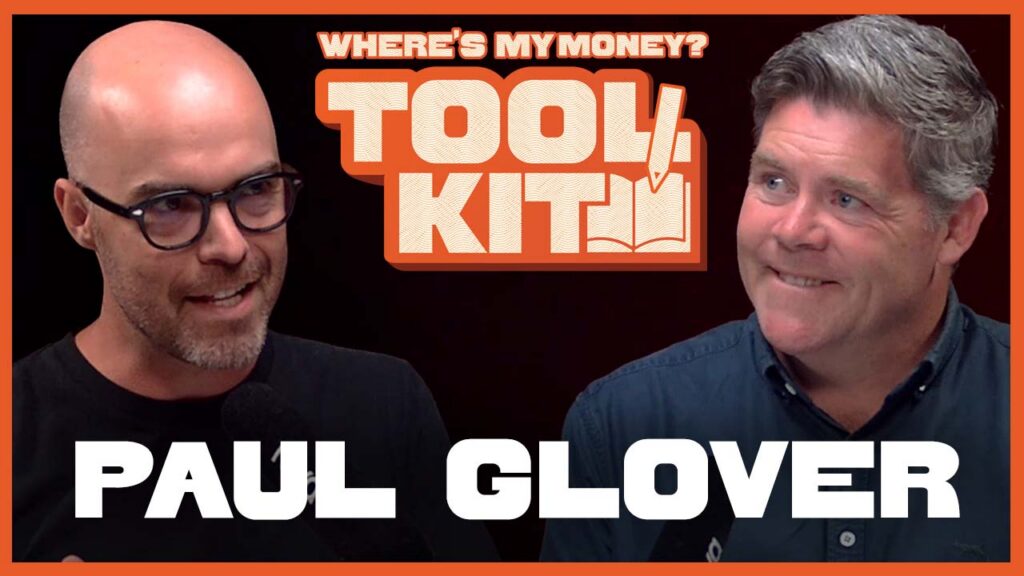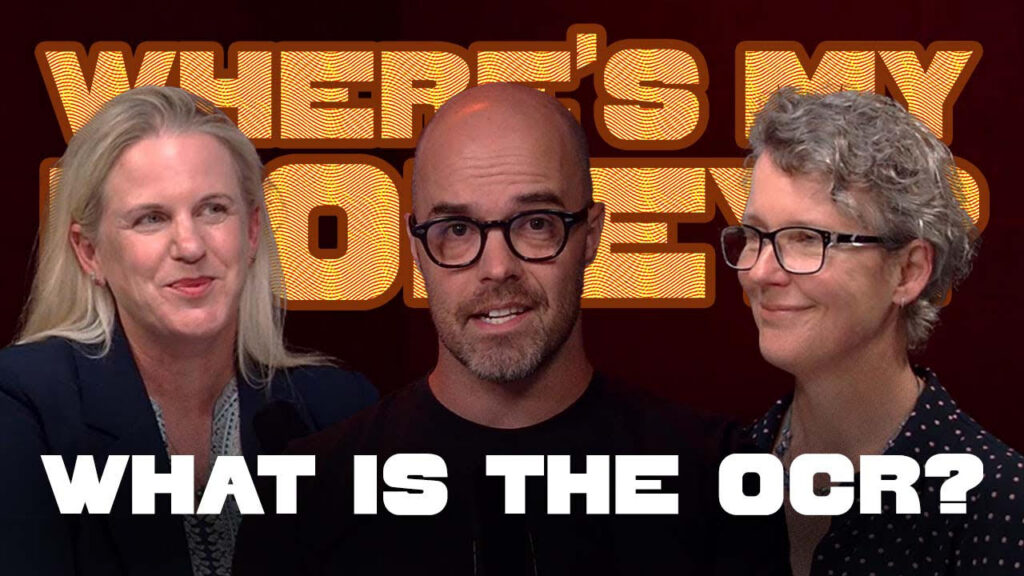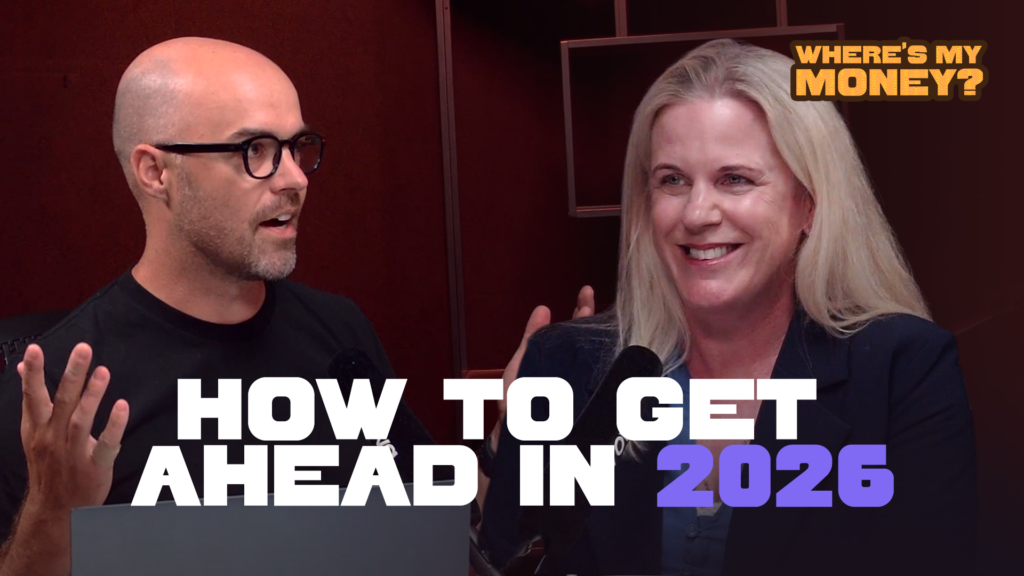With mortgage rates changing regularly, and continued instability in the economy, if you’re looking to refix, you’re likely tossing up your options. Fix for one or two years and hope rates don’t continue to rise? Or fix for five years and have certainty over what you’ll pay?
And this is likely not helped by the fact that some banks are now offering 5-year mortgage rates that are cheaper than their shorter-term rates.
Recently, ASB reduced their 5-year mortgage rate while at the same time increasing some of their shorter-term mortgage interest rates. This now makes their 5-year interest rate the cheapest mortgage rate they have on offer.
A few days later, Westpac ANZ and BNZ followed suit. And while they haven’t quite gone to the extent of making their 1-year interest rate the most expensive as ASB has, at the outset, the 5-year mortgage rate could start to look rather tempting.
So, what’s going on with mortgage rates?
While it’s tempting to think that the banks are doing this purely to lure you into a longer fixed term for your mortgage, so you pay more in the long run, that’s not necessarily the case.
Banks base their lending costs (aka interest rates) on their own borrowing costs. So, when they set the rate for a 1-year fixed-term mortgage, that’s based on what they’d have to pay to borrow that money for 1 year in the wholesale market. This is known as a swap rate.
Essentially, they’re passing their borrowing costs (plus margin) onto their customers. And due to current market conditions, the cost for the banks to borrow for 5 years is lower than it is for 1 year.
Are these longer-term rates a good deal?
While we’d be inclined to agree with Tony Alexander and ‘not touch the five-year rate with a bargepole’ there may be some instances where fixing for this long could be the right move. There are some good reasons for fixing longer term – like certainty over what your mortgage repayments will be for a longer period or protecting you from rising interest rates.
But there are also some valid reasons why fixing for 5 years is not the best move – and why some economic and mortgage experts would choose a shorter-term rate even if they are more expensive – like being locked into a higher interest rate for a long time when interest rates fall.
This can become quite a big deal if you need to break your mortgage for any reason – when interest rates fall, your bank will likely charge you a break fee to recuperate their costs associated with the breaking of that loan. How much that break fee is will depend on your loan balance, how many years you’ve got left on the fixed rate, and how much the wholesale mortgage rates have dropped.
To borrow an example from Squirrel:
- A borrower chooses to fix for 5 years and the wholesale funding rate was 5.5%
- A year later the borrower needs to break the mortgage. There are 4 years left on the term, $600,000 left on the mortgage, and the wholesale rate has dropped to 4.25%
- The break fee is calculated as (1.25% (the change in wholesale rate) x 600,000 (debt remaining) x 4 (years).
- This would mean the borrower would have to pay the bank $30,000 to break that loan – which is a lot of money! And worse – it must be paid upfront.
If your mortgage rate is higher, or the rates fall further, those break costs can increase.
And while there’s no such thing as a crystal ball when it comes to the economy, some are predicting interest rates could start to come down again later this year or early 2024.
Ultimately, the term you decide to go with on your mortgage should have less to do with whether all the banks are doing it, and more to do with whether it’s the right choice for your situation – and something that is worth discussing with a financial adviser.
And, if needed, moving banks may be something for you to consider in order to access the mortgage rates that suit your situation best.
So what should I do?
Everyone’s situation is different so we recommend getting financial advice to help you weigh the pros and cons before making any changes.
Disclaimers:
Mortgage rates commentary is based on data obtained from the banks websites on the 31st of January 2023 and pertains to ‘special’ mortgage rates – so those based on a minimum equity of 20% on the part of the borrower.
This blog post is for informational purposes only and does not constitute individual financial advice. If you’re interested in receiving personalised financial advice, you can book a consultation with an enable.me coach. Costs apply.






